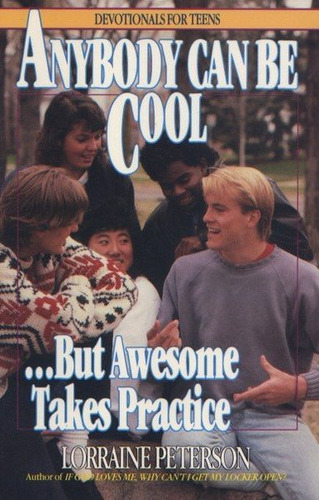Beware of the Anecdotes
Beware of the Anecdotes

Aaron wrote an article titled “The Myth of the Single Person Startup.” His story is about how he took a month off of work to launch a startup by himself and then failed. My goal is to point out all of the mistakes that he made and that he doesn’t realize. I’m not trying to do this to be a pompous ass, as I am not successful by societal’s monetary standards, yet. I also want others to be aware of people’s anecdotes. With that being said, you need to read the entire article before you proceed, as my commentary will make little sense if you don’t.
Mistakes
- Aaron believed that he could launch a startup and be profitable in a month. This is possible if we leave our definition of profitability at revenue minus expenses. If your expenses are your \$20 monthly server and you consider your time free, you could write some iPhone apps and be profitable almost right away. But, I think most people consider the definition of profitability when you achieve enough profit to start paying for most of your expenses. Otherwise known as ramen-noodle profitable.
- He wanted to spend his entire month coding. I made this mistake on my second startup. I really believed the “if you build it, they will come” line. It’s BS, you have to be talking to potential customers to validate their problems and your potential solutions. That is, if you’re not solving your own problem. Aaron doesn’t tell us what he’s building. But the fact remains, spending all of your time coding is a recipe for disaster. I know, I know, it’s a lot of fun, but you can’t do it. I really recommend that people research Steve Blank’s Customer Development Methodology.
- Being a good software engineer, he thought could build a kick-ass product that meant user requirements and that’s all he would do. The book the E-Myth writes about this rationale. Many people fall victim to this line of thinking, they just think about the fun part, e.g. writing code for a month. they often forget about what else is important in a business: marketing, accounting, discussing your ideas, contacting customers, etc.
- After twelve days of writing code, he scrapped everything. Very bad idea. Entrepreneurs need to focus on the minimum viable product (MVP). He should have shipped at twelve days to guage customer feedback.
- Dude… Aaron: why are you creating UML diagrams when you have only one month? See point #4. This is over-engineering. It’s all about the MVP, Obey Gall’s Law.
- He thought he could do this in one month. I know, I mentioned this in #1, but it’s the biggest mistake of all. This shit takes time. It takes years!
In Defense of Aaron
OK, so Aaron learned one lesson out of all of this, and perhaps it is the most important lesson of all. It’s not that he necessarily should have had a co-founder, but it’s that he should have been talking about his idea since day one. I think he realizes that.
I would like to think that Aaron learned a lot more too. More about code, more about himself. Hopefully, he had a bit of fun too.
To Aaron: I hope you don’t give up. Try, try, and try again. You’ll get it eventually. Almost every successful entrepreneur has failed at least once. Welcome to the world of entrepreneurship, I hope you enjoy the ride.
Good luck.
You can follow me on Twitter: @jprichardson
-JP Richardson
If you made it this far, you should follow me on Twitter. Follow @jprichardson
-JP